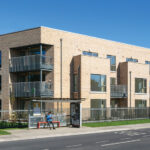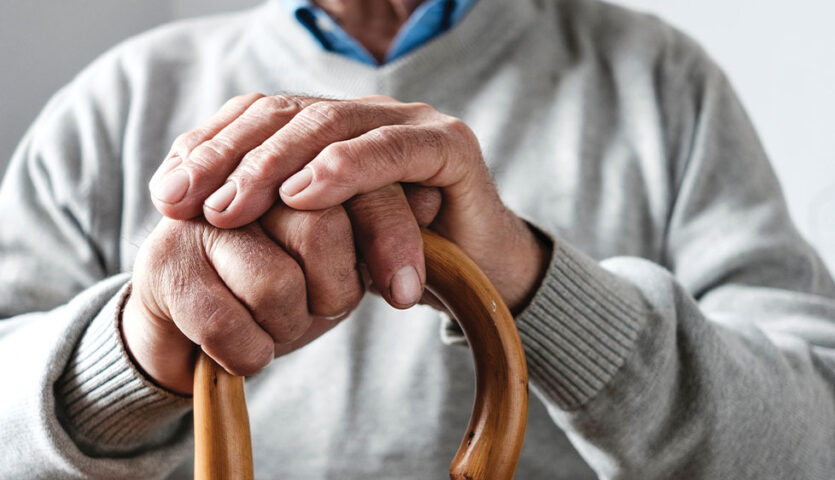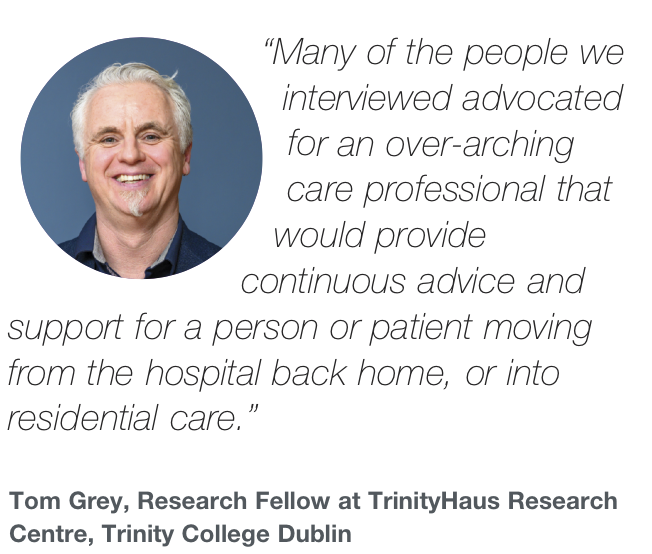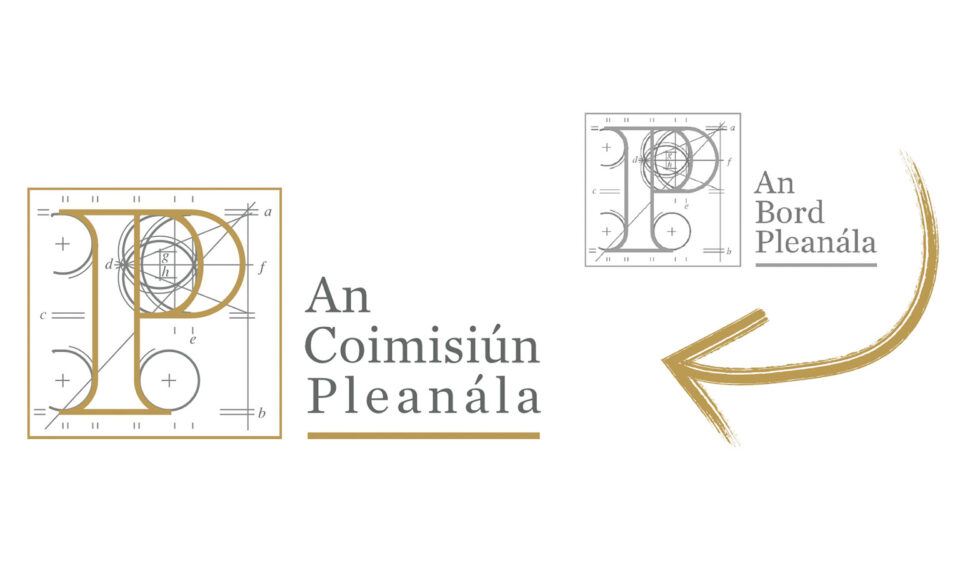
Fingal’s approach to delivering homes and renewing communities
1st July 2025
How Europe can provide insights for Irish AHBs
1st July 2025Healthcare at home

Tom Grey, Research Fellow at TrinityHaus Research Centre, Trinity College Dublin (TCD) outlines the “urgent need” for a national housing condition survey, and the imperative to expand and strengthen the comprehensive approach to housing that is being provided through collaborations between the Integrated Care Programme for Older People, local authorities, and the Healthy Age Friendly Homes Programme.
He lays out the findings from a Meath Foundation funded research report titled Housing Conditions and Integrated Care of Older People, which was conducted by TCD, Tallaght University Hospital (TUH), Age Friendly Ireland, and the Building Research Establishment (BRE), and supported by The Housing Agency, South Dublin County Council, Age Action, Meath County Council, and the NDA’s Centre for Excellence in Universal Design.
The research includes findings from a previous 2020 BRE report looking at The Cost of Poor Housing in Ireland and contains results from a pilot housing condition survey conducted by the BRE as part of this project. The survey features a Housing Health and Safety Rating System (HHSRS) which assesses housing conditions across four categories:
- physiological such as damp or mould growth;
- psychological such as overcrowding and entry by intruders;
- protection against infection such as food safety; and
- protection against accidents such as falls and fire.
Grey breaks down the key findings and recommendations of the study across seven key themes.
Common housing challenges
He explains that around 8 per cent of homes in Ireland “are likely to present serious health and safety risks”, with common hazards including cold, and home incidents. Grey adds that “older persons are particularly affected by these conditions”.
He explains that this is because they are “are statistically more likely to live in homes with poor conditions”, to be badly affected by falls and exposure to cold, and “they are more likely to spend more time in that home, exposed to those poor conditions”.
Key existing datasets
The study recommends the provision of a “centralised, integrated, and accessible database”. Grey asserts that it should include information on the age of household members, the proportion of households with disabilities, and if properties are privately owned or not. He adds that it should cover universally designed homes, age-friendly dwellings, adapted dwellings, and energy retrofit dwellings.
Surveys, audits, and assessments
The Report recommends that the HHSRS study is used as part of any future housing surveys in the Republic of Ireland. Grey says “additional modules” could be included in future applications of the HHSRS in the State that could “specifically focus on housing conditions or hazards for older people, persons with disabilities, or older people with cognitive impairments”.
Pilot study: 10 case studies
During the research, case studies were carried out in 10 households in the catchment area of TUH. Grey caveats the case studies by saying: “They were very well adapted. A lot of them had been insulated and upgraded recently, but we were still finding issues.”
The Research Fellow explains that these issues pertained to physiological conditions including cold; protection against infection including hygiene, sanitation, and drainage; and protection against accidents such as falls. Grey asserts that there is “an evident need for a housing condition survey of the housing stock of the Republic of Ireland for the general population at least every five years”.
To prepare for this, Grey recommends “conducting a nationwide pilot project looking at approximately 1,000 dwellings across representative geographical locations and key housing typologies”.
From hospital to housing
Grey states that the collaboration between integrated care teams (ICTs), local authorities and Age Friendly Ireland as part of the Healthy Age-Friendly Housing (HAFH) programme “is an exemplar” of multi-agency collaboration. The report outlined a range of recommendations including specific recommendations to enhance integration across key partners.
One is to examine ways to anonymise, digitise, and make available data collected by ICTs to inform housing and health-related research, policy, and practice, including issues related to older people with complex care needs. Grey asserts that ICTs are “gathering an extraordinary amount of data”. He adds: “This is an example of data that’s out there that we could be anonymising and moving into the system.”
The second recommendation is that the South Dublin County Council Age-Friendly Housing technical advisor and local coordinators for the HAFH programme should continue attending ICT and multidisciplinary teams meetings. Grey observes that this “gives them a fantastic insight into the conditions of people living at home”.
The report asserts that ad-hoc relationships between patients, carers, and family members, healthcare or housing professionals, or the local authority “undermines support for older people in the context of housing, care, and health”.
This problem is addressed in the third recommendation outlined in the report. Grey says: “Many of the people we interviewed advocated for an over-arching care professional that would provide continuous advice and support for a person or patient moving from the hospital back home, or into residential care.”
Key barriers and challenges
The report recommends the continued development of the HAFH programme and the rollout of local coordinators across all 31 local authorities in the Republic of Ireland. This is pinned as a way to “provided much-needed support and advice for older people and help them navigate the grants process”.
“The grants process is complex and requires people to engage with multiple agencies. A lot of older people and their family members are baffled by this process. Streamlining that process and supporting people is really important. That is where the local coordinators come in.”
Opportunities and future directions
The report highlights the Housing Options for Our Ageing Population policy statement, the HAFH programme, and upcoming Universal Design Dwellings standard as methods to improve housing conditions. Grey says: “We need a step-change but let’s use the things that are working as much as possible.”
Note: This project is part of the work being conducted by the Housing Conditions for Older People Research Group, which is chaired by The Housing Agency and involves Age Friendly Ireland, TrinityHaus (TCD), BRE, Age Action, South Dublin County Council, and the Centre for Excellence in Universal Design at the NDA.







